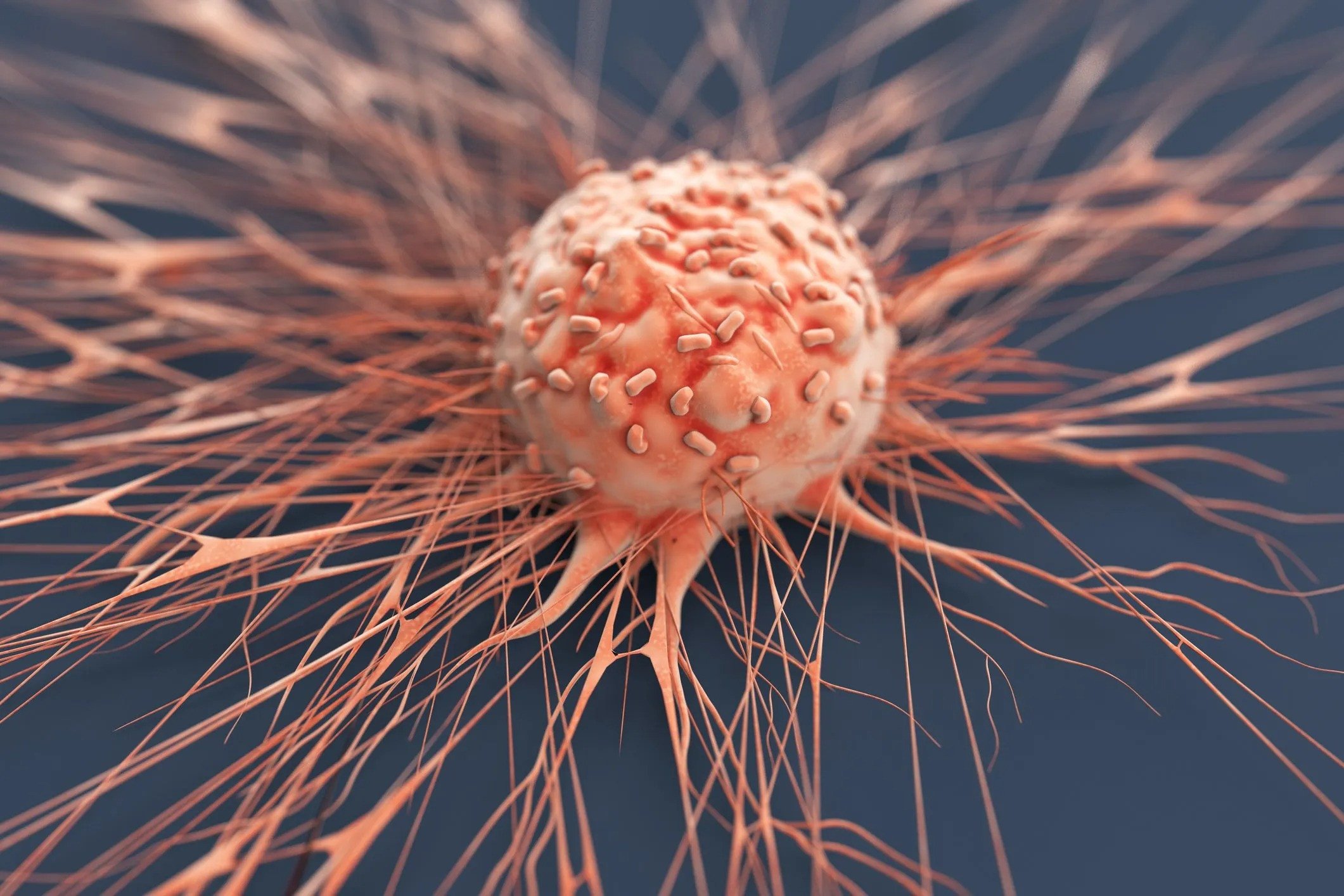popular cancer topics
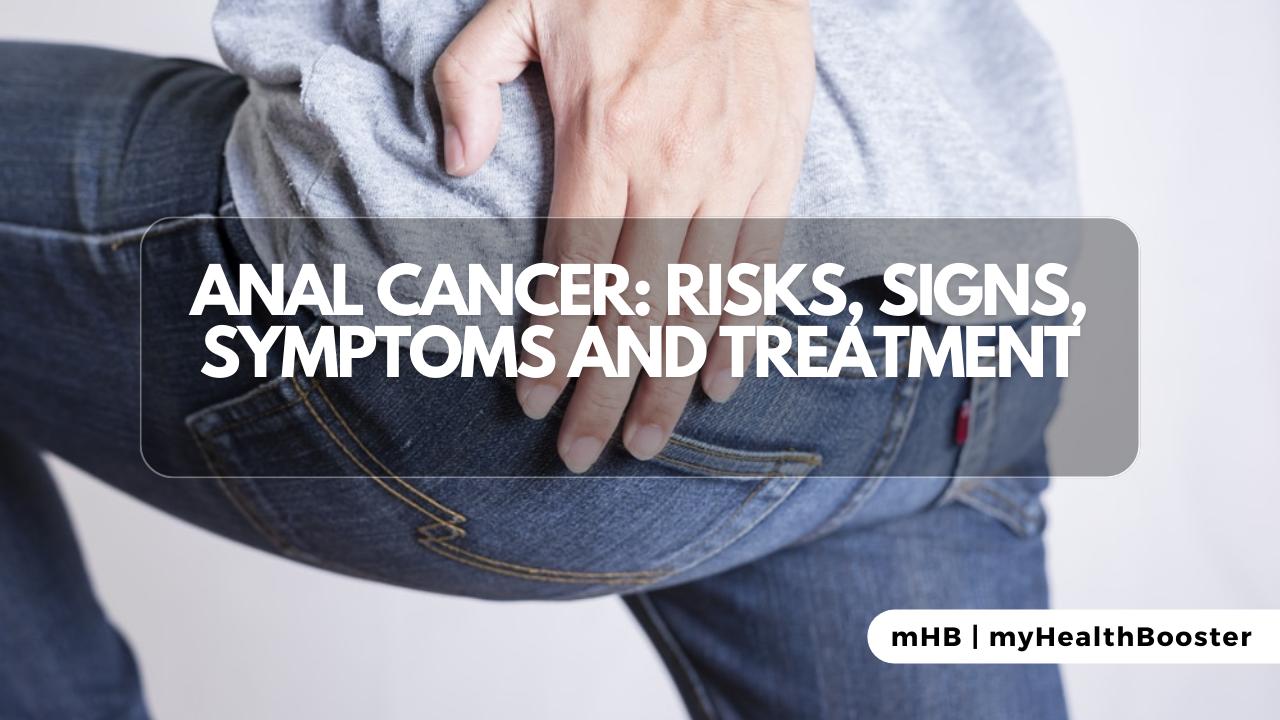
Anal Cancer: Risks, Signs, Symptoms and Treatment
Anal cancer is a type of cancer that affects your anus’ tissues … Read more

Healthy Lifestyle Habits for Managing GEP-NETs
Gastroenteropancreatic neuroendocrine tumors (GEP-NETs), also known as carcinoids, are tumors derived from … Read more

Potential Signs of Cancer in Women
While many women prioritize their health, it’s crucial not to dismiss symptoms … Read more

Bladder Cancer: Causes, Symptoms, Stages, Treatments
Bladder cancer is characterized by the uncontrolled growth of abnormal cells on … Read more
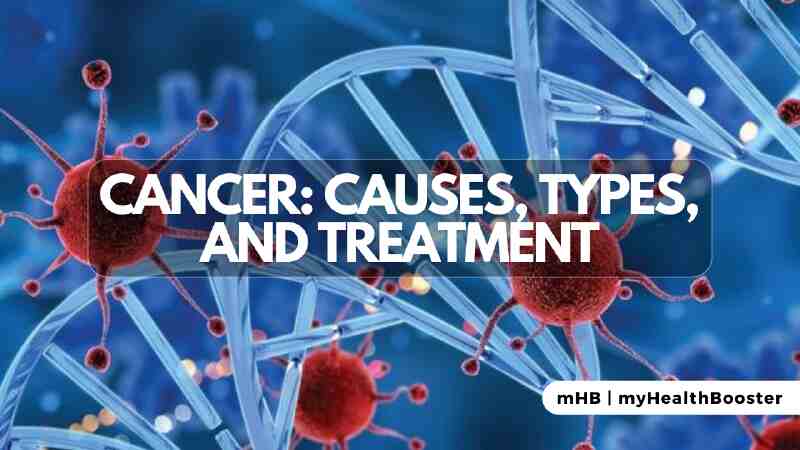
Understanding Cancer: Causes, Types, and Treatment
Cancer, characterized by uncontrolled cell growth and invasion, results from DNA defects, … Read more

Diets for Cancer Patients: What to Include and What to Avoid
Upon receiving a cancer diagnosis, individuals often reassess their lifestyle, with a … Read more
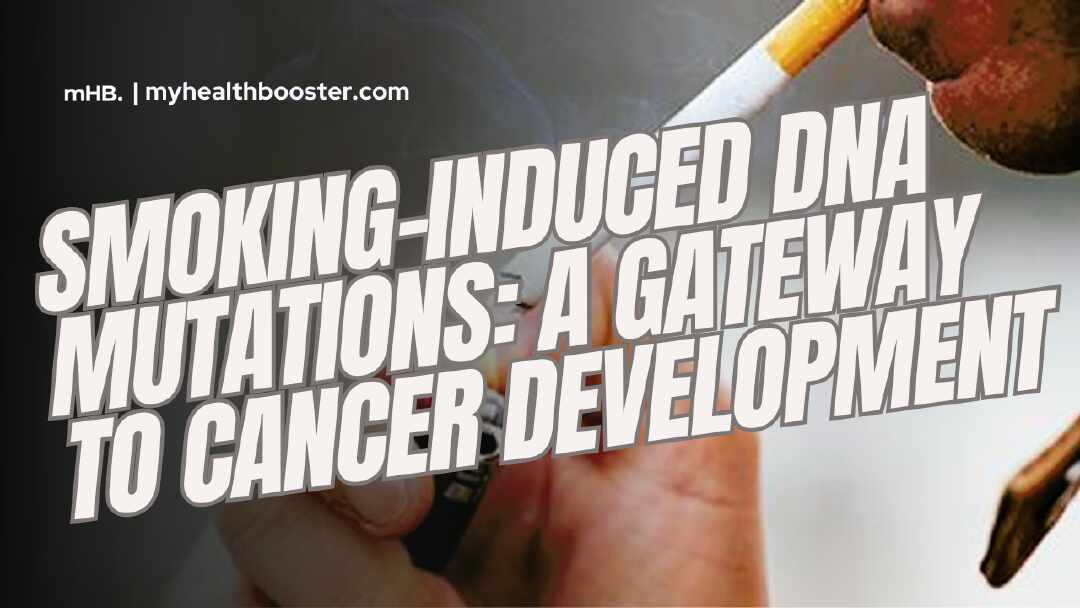
Smoking-Induced DNA Mutations: A Gateway to Cancer Development
A study by the Ontario Institute for Cancer Research reveals how smoking triggers cancer development. The research found that smoking initiates “stop-gain” mutations in the DNA, leading to the inhibition of protective proteins that regulate cell growth. This disruption allows abnormal cells to proliferate unchecked, potentially promoting cancer onset. The study also demonstrated a strong correlation between smoking duration, intensity, and mutation occurrence. These findings improve understanding of the molecular mechanisms underlying smoking-induced cancer.
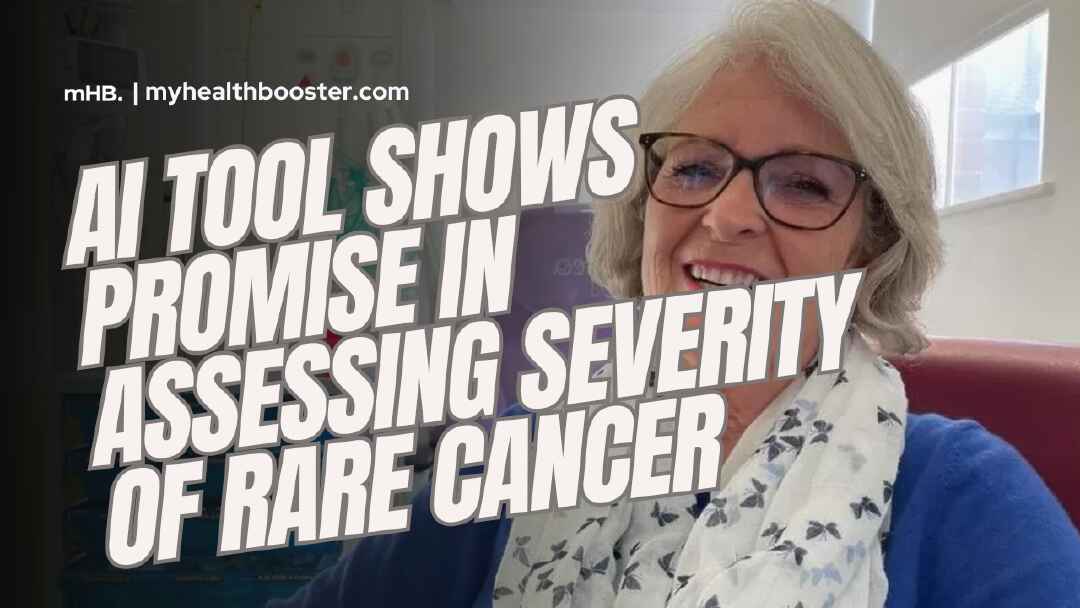
AI Tool Shows Promise in Assessing Severity of Rare Cancer
An exciting study reveals that artificial intelligence (AI) has exhibited an ability almost twice as effective as conventional methods in assessing the aggressiveness of a rare cancer through scans. The AI, discerning details imperceptible to the human eye, demonstrated 82% accuracy in grading cancer’s severity, surpassing the 44% accuracy of lab analysis.

New lung Cancer Screening Guidelines Include Heavy Smokers Who Quit Long Ago
Although lung cancer is a leading cause of cancer associated deaths, only … Read more

Capecitabine in Cancer Treatment
Capecitabine is an orally administered chemotherapeutic agent used in the treatment of metastatic breast and colorectal cancers. Capecitabine is a prodrug, that is enzymatically converted to fluorouracil (antimetabolite) in the tumor, where it inhibits DNA synthesis and slows growth of tumor tissue.

FDA Approves Momelotinib (Ojjaara) for Myelofibrosis Patients With Anemia
JAK inhibitors which is a known class of medication, has for the first time been approved by the Food and Drugs Administration for the treatment of rare anemic patients with myelofibrosis. The drug works differently from similar medications by not causing a deficit of healthy red blood cells in patients.
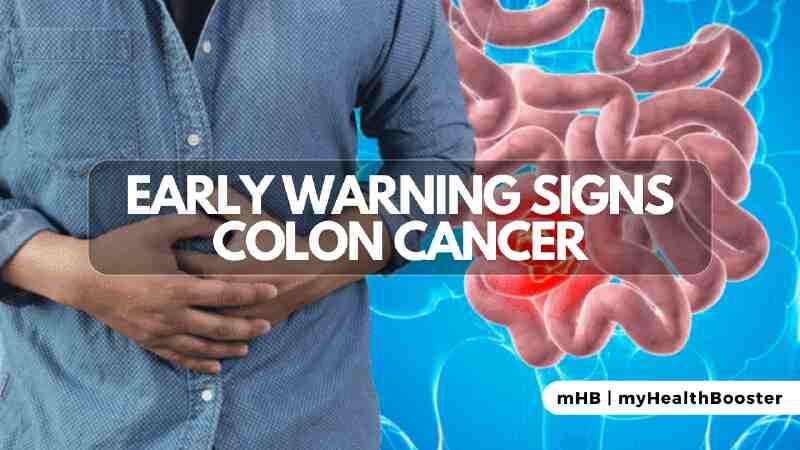
Early Warning Signs Colon Cancer
Before you delve into this article, understand this crucial fact: colon cancer is preventable, treatable, and beatable. Waiting until symptoms arise is not the approach to take. Schedule your screening colonoscopy promptly. Screening for colon cancer in asymptomatic individuals is the means through which precancerous polyps are identified and removed, effectively preventing the onset of colon cancer. Colon cancer, also referred to as colorectal cancer, initiates in the large intestine, or colon. According to the Centers for Disease Control and Prevention (CDC), colon cancer ranks as the third most frequently diagnosed cancer in the United States, excluding skin cancer. It stands as the second primary cause of cancer-related deaths for both men and women combined.

Aspartame Sweetener Considered a “Possible Carcinogen” but Deemed Safe in Moderation
The World Health Organization (WHO) has declared that the sweetener aspartame, commonly found in diet drinks and various food products, is a “possible carcinogen.” However, the WHO emphasizes that it remains safe for consumption in moderation and at already agreed-upon levels, according to reviews released by two groups linked to the organization.
